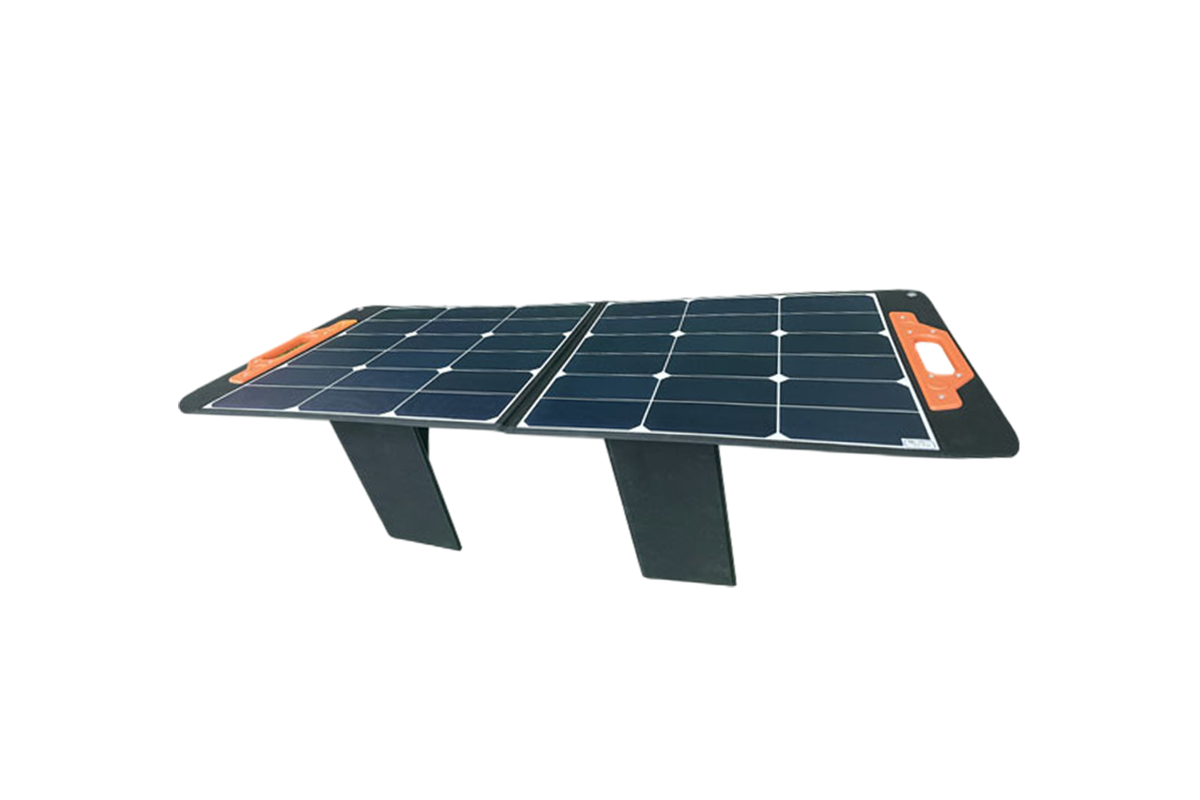

Time:2025-04-28 Views:1

Internet of Things (IoT) Devices Lithium - Ion Energy Storage Batteries
In the rapidly evolving landscape of the Internet of Things (IoT), lithium - ion energy storage batteries have emerged as a critical component, powering the vast network of interconnected devices that are transforming the way we live, work, and interact with the world. IoT devices, ranging from smart sensors and wearables to connected home appliances and industrial monitoring equipment, require reliable, efficient, and long - lasting power sources, and lithium - ion batteries have proven to be the ideal solution.
One of the key advantages of lithium - ion batteries for IoT devices is their high energy density. This means they can store a large amount of energy in a relatively small and lightweight package, which is essential for IoT devices that often need to be compact and portable. For example, in smart agriculture, sensors placed in fields to monitor soil moisture, temperature, and nutrient levels need to be unobtrusive and self - sufficient. Lithium - ion batteries enable these sensors to operate for extended periods without frequent recharging or battery replacement, reducing maintenance costs and ensuring continuous data collection.
Lithium - ion batteries also offer a long cycle life, which is crucial for IoT applications where devices may need to operate continuously for years. They can withstand hundreds or even thousands of charge - discharge cycles while maintaining a high level of performance. This longevity makes them a cost - effective choice for IoT deployments, as it minimizes the need for frequent battery replacements, which can be logistically challenging and expensive, especially in remote or hard - to - reach locations.
Another important feature is their low self - discharge rate. Unlike some other battery chemistries, lithium - ion batteries lose very little of their charge when not in use. This is particularly beneficial for IoT devices that may be in standby mode for long periods, waiting for specific events or commands. For instance, smart security cameras that are motion - activated can rely on lithium - ion batteries to maintain their readiness without constantly draining power, ensuring they are always operational when needed.
In addition, lithium - ion batteries can be easily integrated with advanced battery management systems (BMS). These BMSs monitor and control various aspects of the battery's performance, such as voltage, current, temperature, and state of charge. They can optimize the charging and discharging processes, prevent overcharging and over - discharging, and extend the overall lifespan of the battery. In an IoT context, BMS - enabled lithium - ion batteries can communicate with the central network, providing real - time information about their status and enabling proactive maintenance and management.
However, the use of lithium - ion batteries in IoT devices also comes with some challenges. Safety is a major concern, as improper handling, overheating, or manufacturing defects can lead to issues such as thermal runaway, which can result in fires or explosions. Manufacturers are constantly working on improving battery designs and safety features, such as built - in protection circuits and flame - retardant materials, to mitigate these risks.
Furthermore, as the number of IoT devices continues to grow exponentially, there is an increasing demand for sustainable and eco - friendly battery solutions. Recycling and proper disposal of lithium - ion batteries are becoming more important to reduce environmental impact and conserve valuable resources. Research is also underway to develop more sustainable lithium - ion battery chemistries that use less - scarce and more environmentally friendly materials.
In conclusion, lithium - ion energy storage batteries play a vital role in the success of IoT devices. Their high energy density, long cycle life, low self - discharge rate, and compatibility with advanced battery management systems make them the preferred power source for a wide range of IoT applications. While challenges such as safety and sustainability remain, ongoing research and development efforts are expected to further enhance the performance and reliability of lithium - ion batteries, enabling the continued growth and innovation of the IoT ecosystem.
Read recommendations:
UL Certification Modules for Energy Storage Lithium Batteries